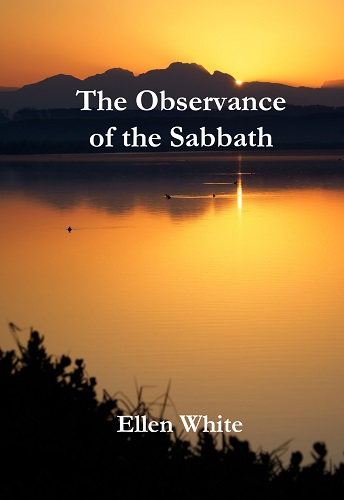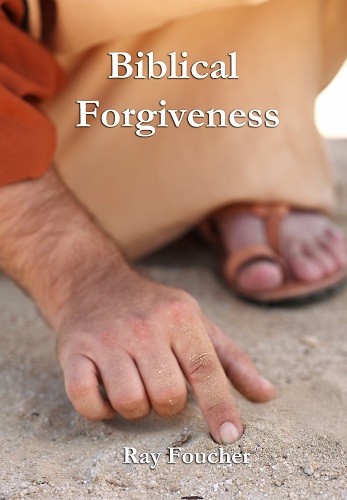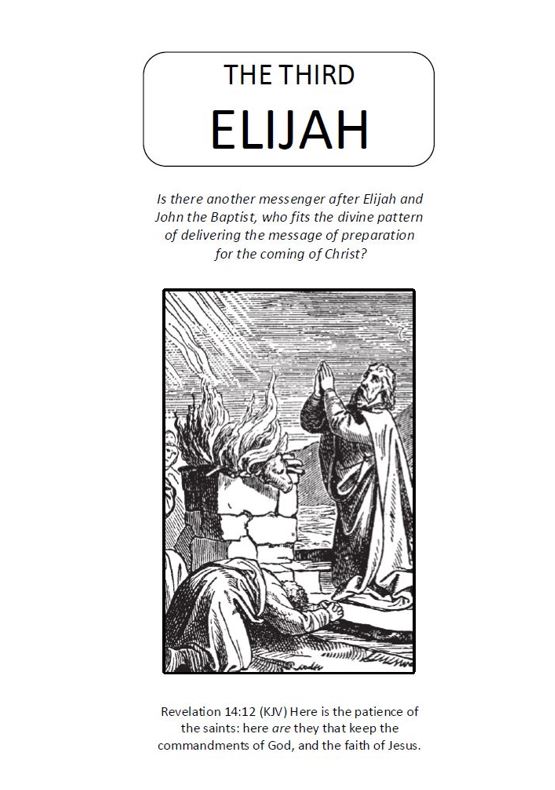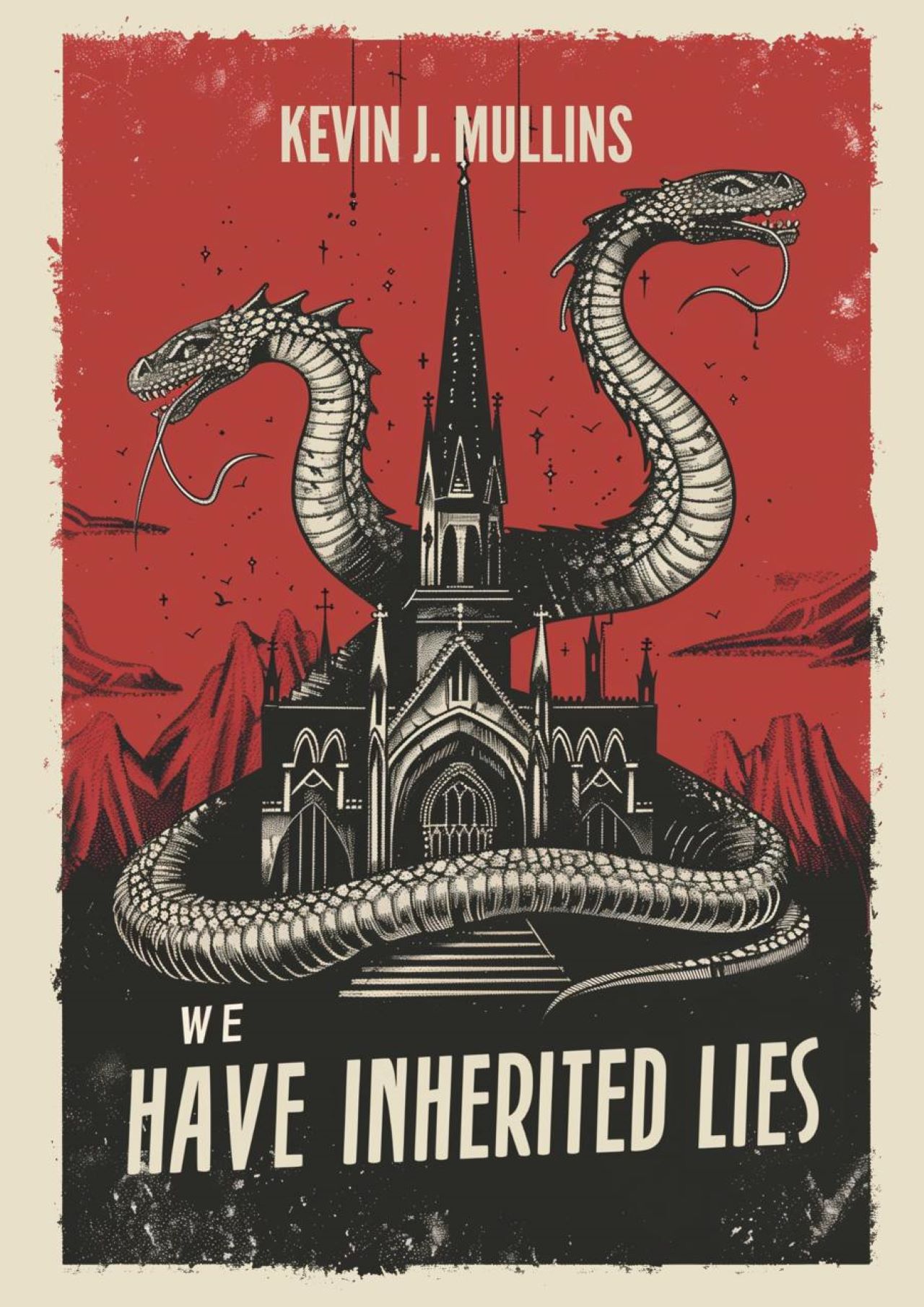Feast of Tabernacles Approved in 1901 by Church Leadership
I was looking up articles regarding the Day of Atonement, and I stumbled across this fascinating historical document. Here we see a discussion, in 1901, to keep the Feast of Tabernacles, also called the Festival of Ingathering. Miss Anna Hibben (who is this woman?) starts off with this amazing statement: "This subject of the harvest ingathering service is one that has deeply stirred me; for I believe that through this the Lord designs to bring to his people a long-lost-sight-of blessing." And then notice her concise and resolute logic: "Had they ceased to keep the Passover before the type met its anti-type, they would have been denying their faith. The Lord looked upon this just as he did upon the other—a ceasing to keep the Feast of the Tabernacles denies our faith in the soon-coming harvest of the earth."
They understood that Passover had been anti-typically fulfilled in the death of Christ, and thus it needed not to be kept now. But since the anti-typical fulfilment of Tabernacles is the 2nd Coming, the feast needed to be kept because that event had not happened yet. Her logic is not challenged by the Sabbath School committee.
I would add here that according to our understanding of the Gospel, all the feasts still have deeper meaning now and that means we can draw benefit from keeping them. For example, Passover: Though Jesus's death in His incarnation has passed, His suffering continues on because of sin.
All heaven suffered in Christ's agony; but that suffering did not begin or end with His manifestation in humanity. The cross is a revelation to our dull senses of the pain that, from its very inception, sin has brought to the heart of God. (Education 263)
Ultimately, Jesus will suffer greatly one last time in the final death of the resurrected wicked who have rejected Him. "And their dead bodies shall lie in the street of the great city, which spiritually is called Sodom and Egypt, where also our Lord was crucified." (Revelation11:8) If Jesus was crucified in Sodom and Egypt, He is also crucified at the end of time in the death of His rebellious children. So we keep Passover to not deny our faith in remembrance of the suffering Jesus is going through and will go through, as well as what He has gone through. Jesus Himself says that Passover is to ultimately be fulfilled in the future, where He will once again eat with us:
Luke 22:15-16 "And He [Jesus] said unto them, "With desire I have desired to eat this passover with you before I suffer: For I say unto you, I will not any more eat thereof, until it be fulfilled in the kingdom of God."
Same with Pentecost, though it was "fulfilled" in the Holy Spirit given as fire to the disciples of Jesus, we await is second fulfillment in the pouring of the latter rain at the end of time. Thus we can keep this feast in the faith of this soon coming event.
Finally, we notice that the great blessing they saw from the Feast was for the children (and we are all in some way children :). We maybe should use some of her ideas regarding how we can bring things from nature to honor God.
I was really blessed to see this. May it encourage us as we enter Tabernacles soon! Full article below:
(GCB April 19, 1901, page 351)
INTERNATIONAL SABBATH-SCHOOL ASSOCIATION
M. C. WILCOX
First Meeting, April 18, 9 A. M.
M. C. WILCOX in the chair.
Prayer by J. N. Loughborough.
The Chair: We are glad to greet again in biennial session our Sabbath-school workers and representatives from all parts of the field. Our requisitions for membership in this association are extremely liberal, and hence our constituency ought to include the whole denomination. Our delegates are all accredited ministers and licentiates in the denomination,—all State Sabbath-school officers, and all members of regularly organized Sabbath-schools. GCB April 19, 1901, page 349.2
...
The Chair: There is one other question which it has been desired that something should be said upon at this time, that is the question of the “ingathering service,” or “harvest service.” We would like to have Sister Hibben, of Chicago, if she is present, tell us something of this work and her experience. GCB April 19, 1901, page 351
Miss Anna Hibben: This subject of the harvest ingathering service is one that has deeply stirred me; for I believe that through this the Lord designs to bring to his people a long-lost-sight-of blessing. You remember the Lord has said that altogether too little attention is given to our youth and children, and that we should devise some means whereby they could be interested in the cause of truth.
As the result of seeking some plan to interest the children, we struck this idea. You will find in “Desire of Ages,” in the chapter entitled “The Feast of the Tabernacles,” just how the Lord designed that that should be celebrated. You will remember that the Lord commanded his people to gather before him three times a year, and keep a Feast. The first was to be the feast of the Passover. All three of these feasts were not only commemorative, but typical. I will read a statement from “Patriarchs and Prophets” in regard to the Feast of Tabernacles (page 541):
“The feast of Tabernacles was not only commemorative, but typical. It not only pointed back to the wilderness’ sojourn, but as the feast of harvest, it celebrated the ingathering of the fruits of the earth, and pointed forward to the great day of final ingathering, when the Lord of the harvest shall send forth his reappears to gather the tares together in bundles for the fire, and to gather the wheat into his garner.”
Had they ceased to keep the Passover before the type met its anti-type, they would have been denying their faith. The Lord looked upon this just as he did upon the other—a ceasing to keep the Feast of the Tabernacles denies our faith in the soon-coming harvest of the earth. Further, you will find in “Patriarchs and Prophets” this statement:
“Well would it be for the people of God at the present time to have a Feast of Tabernacles,—a joyous commemoration of the blessings of God to them.”
We have found from our experience that it has been well, that God’s blessing has rested upon this effort. The question no doubt arises in your mind, How are we to celebrate it? We have tried to celebrate it according to the Lord’s plan, and this is what he says:—
“Well would it be for the people of God at the present time to have a Feast of Tabernacles,—a joyous commemoration of the blessings of God to them. As the children of Israel celebrated the deliverance that God had wrought for their fathers, and his miraculous preservation of them during their journeyings from Egypt, so should we gratefully call to mind the various ways he has devised for bringing us out from the world, and from the darkness of error, into the precious light of his grace and truth.”—Idem, pp. 540, 541.
“Everything that could please the eye, and give expression to the universal joy, was brought from the woods; the city bore the appearance of a beautiful forest.... With sacred song and thanksgiving the worshipers celebrated this occasion. A little before the feast was the day of atonement, when, after confession of their sins, the people were declared to be at peace with heaven. Thus the way was prepared for the rejoicing of the feast.... The temple was the center of universal joy.... At night the temple and its courts blazed with artificial light.”
“From far and near the people came, bringing in their hands a token of rejoicing. Old and young, rich and poor, all brought some gift as a tribute of thanksgiving to Him who had crowned the year with his goodness, and made his path drop fatness.” The Desire of Ages, 447, 448.
Our plan has been to instruct the children in the spring of the year to watch all through the summer for the beauties of nature, and either gather or mark those for gathering, and then toward the close of the summer, after the harvest, gather these things together and bring them to the church. We decorate the church the day before. Then we have a thanksgiving. We try in our planning to avoid anything that would harbor the thought or encourage the disposition in the child of being proud of their dress or anything of that kind. We make it a day of thanksgiving, in which the children and young people can unite. They repeat texts of Scripture, and the older ones bring to their minds and present before the others some special blessing the Lord has bestowed upon them during the year. Then we have lessons drawn from the things of nature placed before them,—spiritual lessons from the beauties of nature,—and thus when the children see these things afterward, their attention is drawn through the lessons to God. As the children are watching all summer long for these beauties of nature, they see in nature much more than they ever saw before, and their attention is directed to nature’s God. For my own part, I never saw so much of the beauties of God in nature as I have seen since I engaged in this work.
We also plan to have the children earn their own free-will offering. These offerings are brought, and they are indeed free-will offerings, being given to any field to which the children are impressed to donate. We plan to study the mission fields during the year, bringing before our minds the different interests of the cause in the various fields and the needs that the Lord has presented before us. The children earn means by selling our papers—The Life-Boat and the Signs of the Times. The offerings through the year have been greatly increased, both for the Sabbath-school and the foreign missions. In one of these special services we raised fifty-one dollars. The membership of the school was thirty-two. This large donation did not affect the regular and Christmas offerings, they also being greater than ever before.
M. H. Brown: We wish to request that, in the selection of Sabbath-school secretaries for the Sabbath-school department of your Conferences, great care be exercised. It also seems advisable that they be given time and opportunity to do that work, and that frequent changes, which are detrimental to the work and destroy its continuity, shall not be made. I pray that the Sabbath-school work among the children, especially among the little ones, may go on to a better state than ever before. God has wonderful possibilities before his church. Let us use them. Let the hearts of the fathers be turned to those of the children, and those of the children to those of the fathers, as the Revised Version puts it, and I am sure we will have the blessing of the Lord in that work. It was moved and seconded that the meeting adjourn sine die.
The Chair: That would make this the last meeting of the Sabbath-school Association.
The question was called, and unanimously adopted.
After the benediction the meeting was declared adjourned.
M. C. WILCOX, Chairman.
M. H. BROWN, Secretary.
*****
Frank Klin also has a presentation on YouTube on this:
Seventh-Day Adventist Feast of Tabernacles 1901-1908 A Long-Lost-Sight-of Blessing





